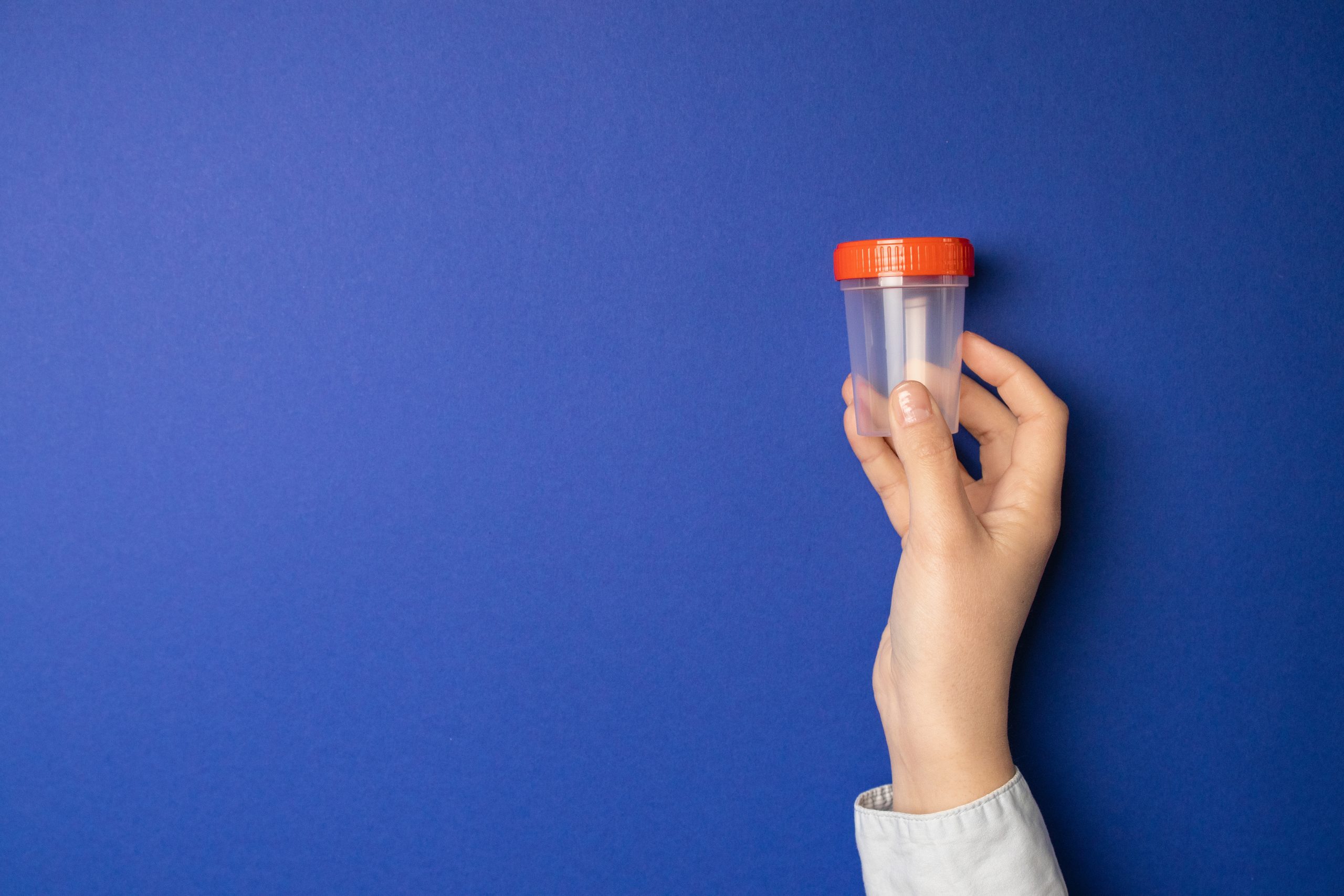One subject of great importance in fertility is using sperm donors. It allows many infertile or homosexual couples to fulfill their dream of having a family. In the case of proven male infertility, it is often an abnormality or a qualitative defect in the sperm that is at fault, and the use of sperm donation then becomes necessary.
RCC clinics use sperm banks with many anonymous and voluntary donors to allow in vitro fertilization (IVF) and intrauterine insemination (IUI). As well, it is possible to do directed donation at RCC.
In this article, we explain more in depth about sperm donors, the process and eligibility criteria.
What are the criteria for becoming a sperm donor?
In Canada, there are several selection criteria that must be met in order to donate sperm.
To become a sperm donor, you must first meet the following criteria:
- be between 18 and 39 years of age
- be in good health (no known chronic or genetic illnesses in the family)
- Know your biological parents
- Not be a sperm donor in another clinic.
- Have a valid health insurance card (OHIP).
Once these eligibility criteria are met, you will be asked to undergo several tests and examinations.
What are the different tests and examinations for eligibility?
A sperm donation:
To begin with, a first sperm donation will be performed in order to evaluate the quality of the sperm and particularly the spermatozoa. More specifically, the number, motility, morphology and reaction to freezing are analyzed.
A screening:
Next, a screening will be performed to verify that the results of the following STIs are negative :
| CMV (IgG-IgM) | Anti-HBc Totals |
| HIV 1-2 | Anti-HCV (hepatitis C) |
| HLTVI-VII | Syphilis |
| AgHbs (hepatitis B surface antigen) | Gonorrhea et Chlamydia |
This screening will be done once at the beginning of the collection of the sperm samples, and then a second time after they have been quarantined for 6 months.
Three questionnaires:
In conjunction with the screening, the donor will be asked to complete three questionnaires:
- A medical questionnaire;
- A questionnaire on genetic diseases;
- A form on exclusion criteria.
A genetic test:
Finally, a last genetic test will be requested to verify the negativity to these three diseases:
- Karyotype;
- French-Canadian panel;
- X-Fragile.
Once all the tests have been completed, the donor’s medical file is reviewed and must be accepted by the sperm bank’s medical director.
How does the sperm donor fit into Canadian law?
All sperm donations are regulated by Health Canada. At RCC, the sperm donors are external, from approved Canadian distributors. In Canada, semen for assisted reproduction is regulated by the Food and Drugs Act and the Semen Regulations, which aim to prevent the transmission of infectious diseases to recipients.
For more information and to find out if using a sperm donor is right for you can book an appointment with one of our fertility specialists.










